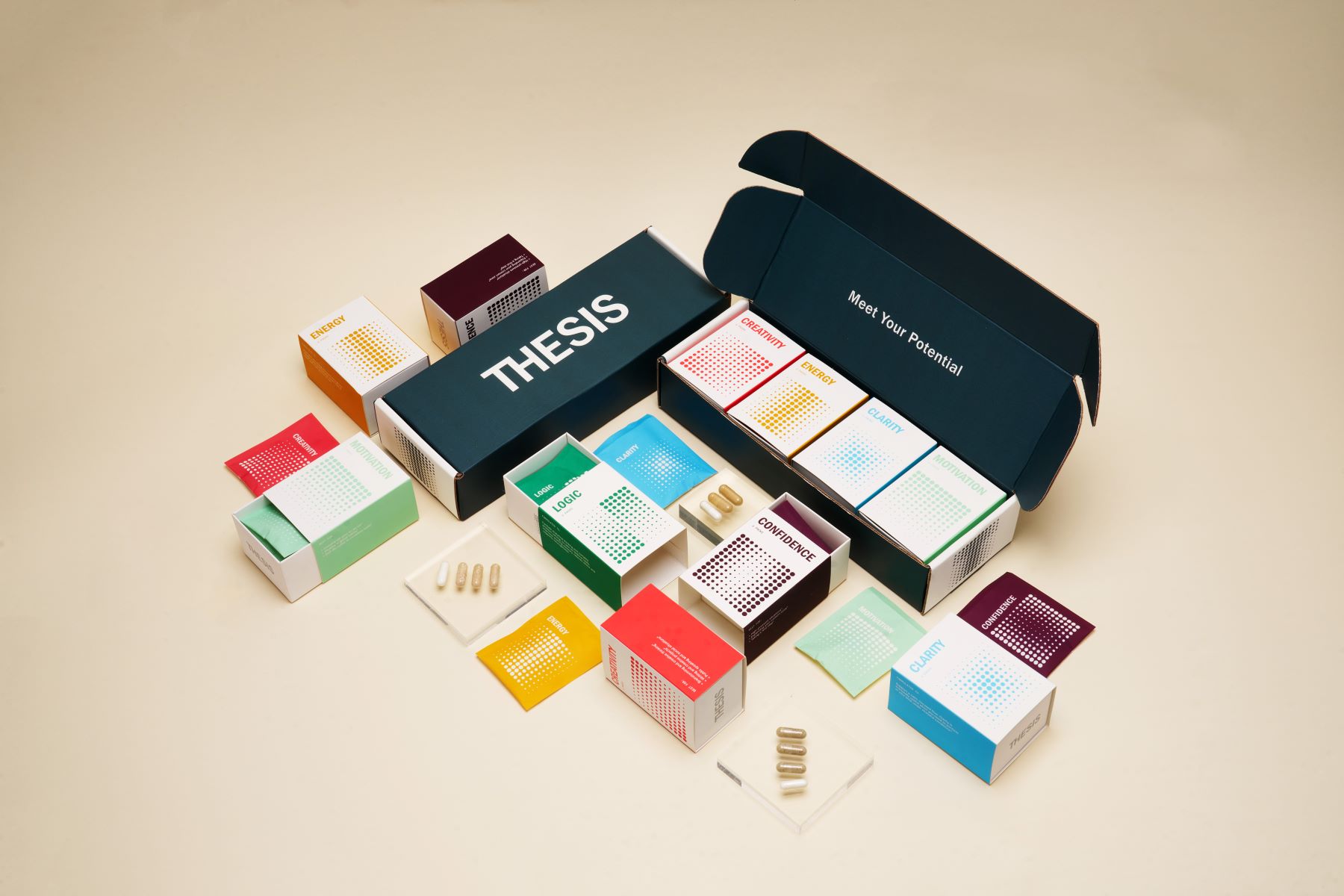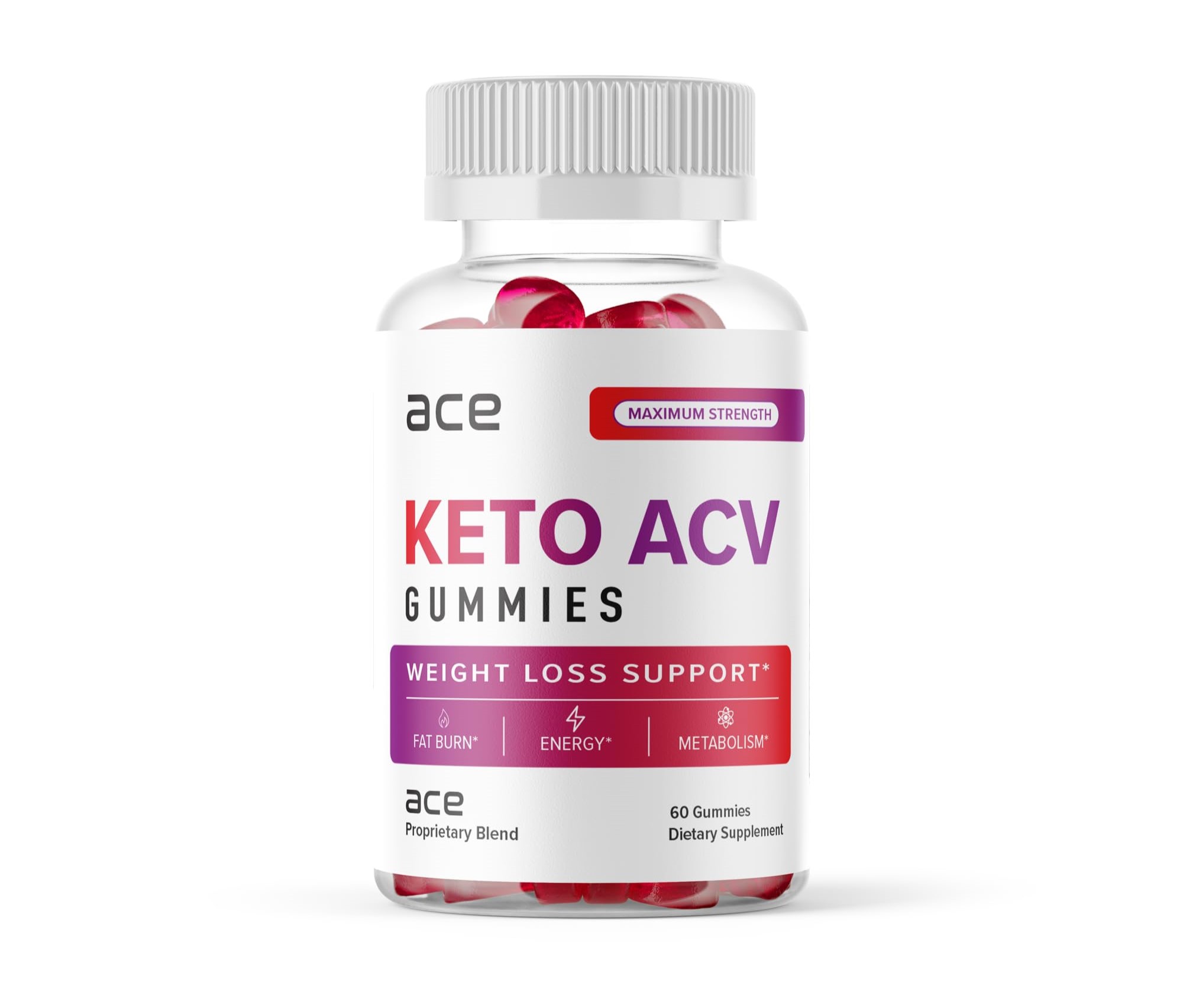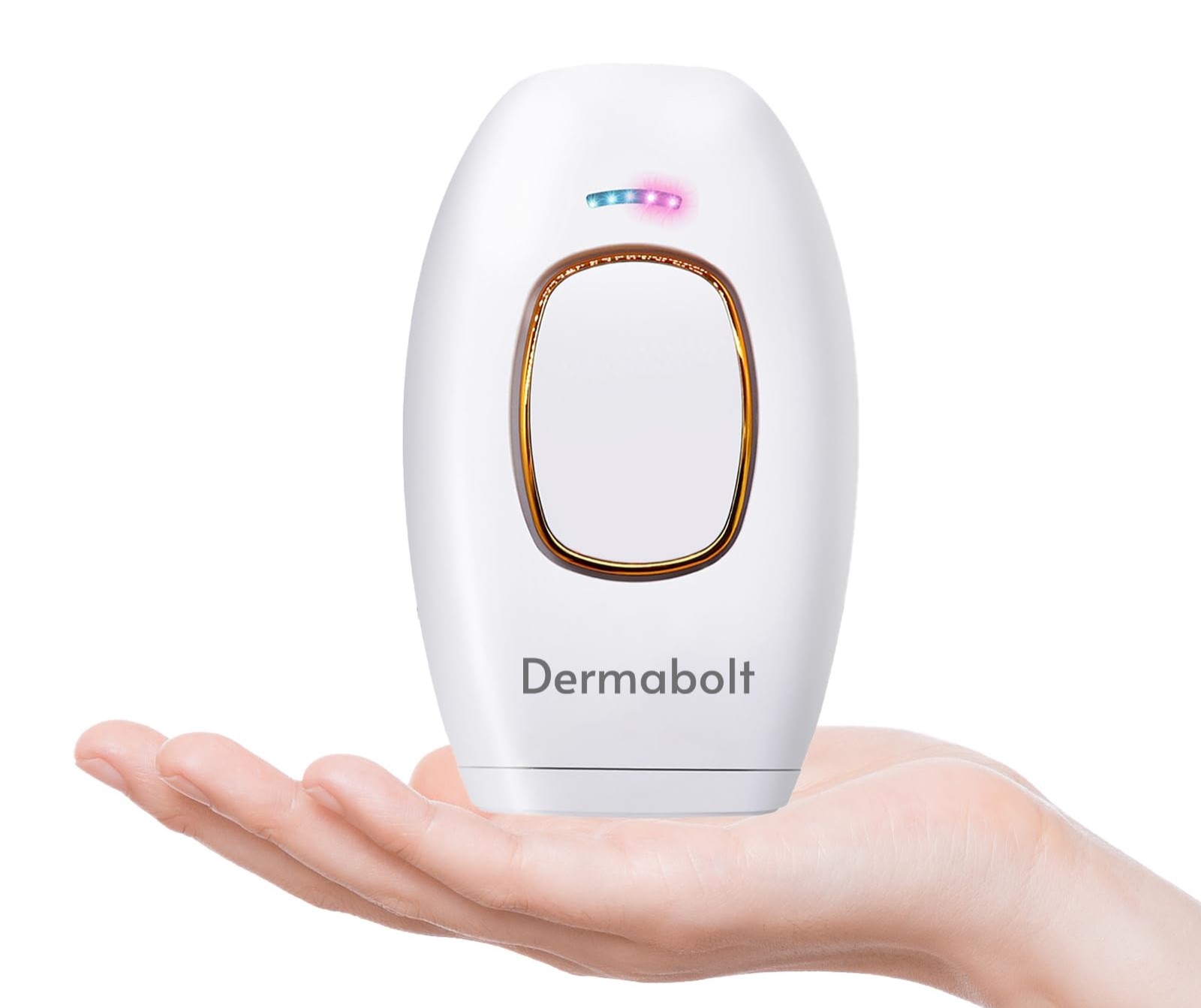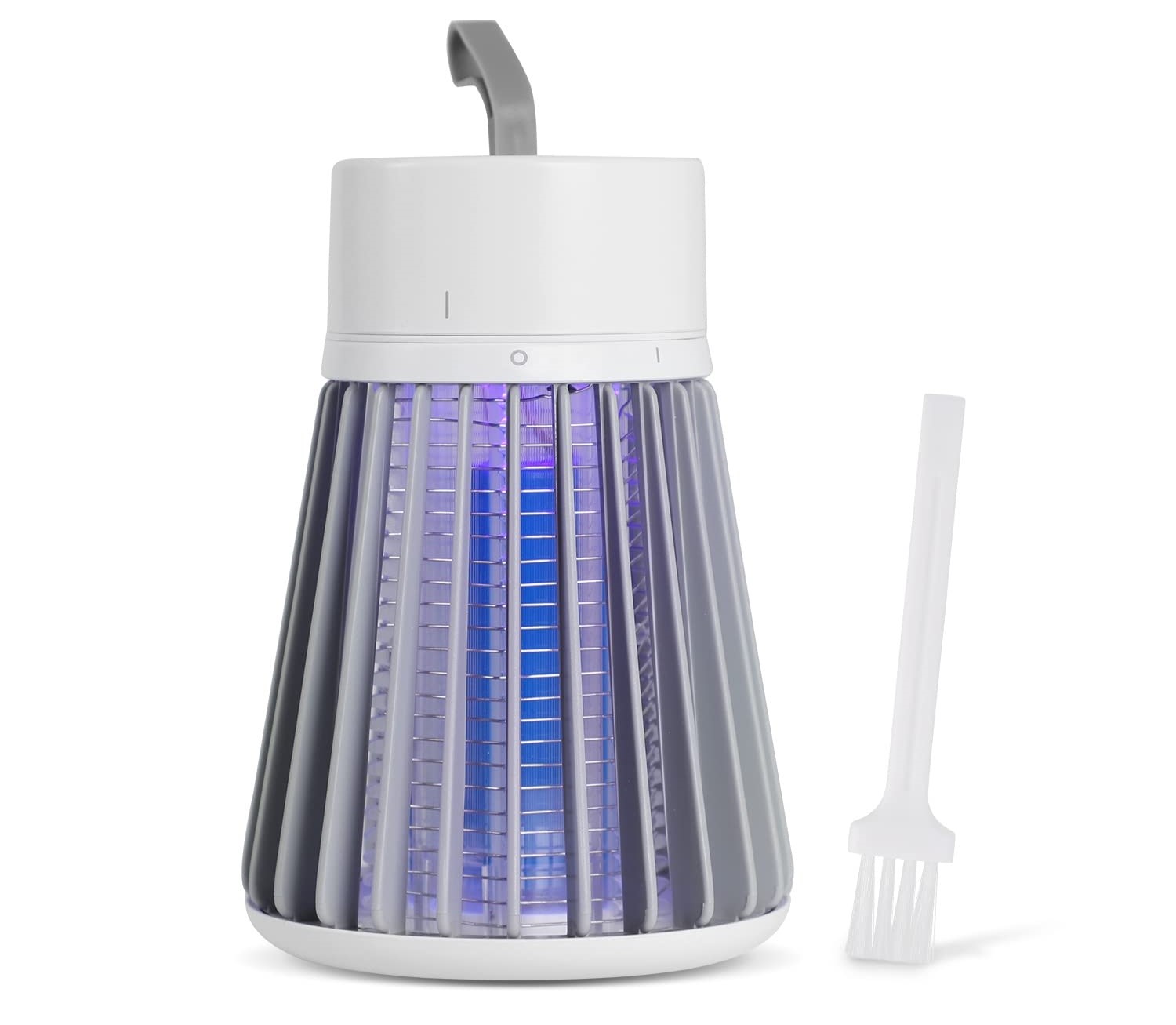Home>Health and Wellness>THESIS Personalized Nootropics: Legit Or Scam? My Honest Review


Health and Wellness
THESIS Personalized Nootropics: Legit Or Scam? My Honest Review
Published: January 15, 2024
Discover the truth about personalized nootropics for health and wellness. Read my honest review to separate fact from fiction.
(Many of the links in this article redirect to a specific reviewed product. Your purchase of these products through affiliate links helps to generate commission for Regretless.com, at no extra cost. Learn more)
Table of Contents
Introduction
In today's fast-paced world, the pursuit of improved cognitive function and mental acuity has become a prevalent focus for many individuals. With the increasing demands of modern life, people are constantly seeking ways to enhance their cognitive performance, memory, focus, and overall brain health. This quest has led to the rise of nootropics, a category of substances that are purported to offer cognitive benefits.
Nootropics, also known as "smart drugs" or "cognitive enhancers," encompass a diverse range of natural and synthetic compounds, including vitamins, minerals, herbs, and synthetic substances, all of which claim to support cognitive function. The allure of these substances lies in their potential to boost memory, concentration, creativity, and motivation, while also offering neuroprotective properties.
As the popularity of nootropics continues to soar, a new trend has emerged in the form of personalized nootropics. This innovative approach involves tailoring nootropic regimens to individual needs, taking into account factors such as genetic predispositions, lifestyle, and specific cognitive goals. The concept of personalized nootropics represents a paradigm shift in the realm of cognitive enhancement, offering the promise of customized solutions that address the unique cognitive needs of each individual.
In this article, we will delve into the world of personalized nootropics, exploring the science behind this approach, examining its potential benefits, and scrutinizing its legitimacy. Furthermore, I will share my personal experience with personalized nootropics, offering insights into the efficacy and practical implications of this burgeoning trend. By the end of this exploration, you will gain a comprehensive understanding of personalized nootropics and be better equipped to discern whether they are a legitimate means of enhancing cognitive function or merely a dubious scheme.
Read more: Unveiling The Truth: Are Thesis Personalized Nootropics Brain Supplements Legit Or Just A Scam?
What Are Nootropics?
Nootropics, often referred to as "smart drugs" or "cognitive enhancers," encompass a broad spectrum of natural and synthetic substances that are purported to enhance cognitive function and support brain health. These compounds are touted for their potential to improve memory, focus, creativity, motivation, and overall mental acuity. The term "nootropic" was coined by Romanian psychologist and chemist Dr. Corneliu E. Giurgea in the 1970s, who defined these substances as agents that enhance learning and memory while being safe and non-toxic to the brain.
Nootropics can include a wide array of compounds, ranging from vitamins, minerals, and herbal extracts to synthetic substances and pharmaceutical drugs. Some of the most commonly recognized nootropics include caffeine, L-theanine, creatine, Bacopa monnieri, Rhodiola rosea, modafinil, and racetams such as piracetam and aniracetam. These substances are believed to exert their cognitive-enhancing effects through various mechanisms, such as neurotransmitter modulation, neuroprotection, increased cerebral blood flow, and enhanced synaptic plasticity.
One of the key attributes of nootropics is their potential to support brain health and function beyond immediate cognitive enhancement. Many of these compounds are purported to possess neuroprotective properties, safeguarding the brain against oxidative stress, inflammation, and age-related degeneration. Additionally, some nootropics are believed to promote long-term brain health by supporting neurogenesis, the growth of new brain cells, and synaptic connectivity, thereby contributing to overall cognitive resilience and vitality.
It is important to note that while some nootropics have garnered substantial scientific evidence supporting their cognitive benefits, others remain the subject of ongoing research and debate. Furthermore, the regulatory status of various nootropic compounds can vary significantly across different jurisdictions, with some substances classified as prescription drugs in certain regions while being available as dietary supplements in others.
In summary, nootropics encompass a diverse array of natural and synthetic compounds that are purported to enhance cognitive function, memory, and overall brain health. While the efficacy and safety of individual nootropics can vary, the collective pursuit of cognitive enhancement continues to drive the exploration and utilization of these substances in various contexts, ranging from academic and professional performance to healthy aging and neurorehabilitation.
The Rise of Personalized Nootropics
The burgeoning interest in personalized health and wellness solutions has catalyzed a paradigm shift in the realm of cognitive enhancement, giving rise to a novel approach known as personalized nootropics. This innovative concept represents a departure from the traditional one-size-fits-all approach to supplementation, offering tailored nootropic regimens that are customized to meet the unique cognitive needs of individuals.
The emergence of personalized nootropics can be attributed to several converging factors. Advances in genetic testing and analysis have unlocked a deeper understanding of how genetic variations can influence an individual's response to specific nutrients and compounds. This knowledge has paved the way for the development of personalized nutrition and supplementation strategies, including personalized nootropic formulations that take into account an individual's genetic predispositions related to cognitive function and metabolism.
Furthermore, the growing body of research in the fields of nutrigenomics and personalized medicine has underscored the importance of considering an individual's genetic makeup, lifestyle, and environmental factors when formulating health interventions. This personalized approach acknowledges the inherent variability in how individuals metabolize and utilize nutrients and bioactive compounds, recognizing that what works optimally for one person may not yield the same benefits for another.
In the context of personalized nootropics, this tailored approach extends beyond genetic considerations to encompass a holistic assessment of an individual's cognitive goals, lifestyle, stress levels, sleep patterns, and overall brain health. By integrating these diverse factors, personalized nootropic regimens aim to address specific cognitive challenges and optimize mental performance in a manner that is uniquely suited to each individual.
The rise of personalized nootropics also reflects a broader societal shift towards personalized health and wellness solutions. As individuals increasingly seek personalized fitness plans, customized dietary approaches, and tailored supplementation strategies, the demand for personalized nootropics aligns with this overarching trend towards individualized health optimization.
In essence, the ascent of personalized nootropics mirrors a larger movement towards personalized health and wellness solutions, driven by advancements in genetic science, a deeper understanding of individualized nutritional needs, and a growing recognition of the inherent variability in how individuals respond to interventions. This trend underscores a shift from a uniform approach to cognitive enhancement towards a more nuanced and individualized paradigm, offering the promise of tailored solutions that cater to the unique cognitive requirements of each person.
My Experience with Personalized Nootropics
Embarking on the journey of personalized nootropics was a decision fueled by a desire to optimize my cognitive performance and address specific cognitive challenges that had been impeding my productivity and mental clarity. After conducting thorough research and consulting with a healthcare professional specializing in personalized nutrition, I underwent a comprehensive assessment to identify the most suitable personalized nootropic regimen for my unique needs.
The process began with a detailed analysis of my genetic predispositions related to cognitive function, metabolism, and nutrient utilization. This genetic insight provided valuable guidance in formulating a personalized nootropic stack tailored to my specific genetic profile. Additionally, factors such as my lifestyle, stress levels, sleep patterns, and overall cognitive goals were meticulously considered in crafting the personalized nootropic regimen.
Armed with this personalized approach, I commenced the supplementation regimen, incorporating a carefully curated selection of nootropic compounds that were strategically chosen to address my individual cognitive requirements. The regimen encompassed a blend of natural and synthetic nootropics, each meticulously selected based on their purported cognitive-enhancing properties and compatibility with my genetic and lifestyle factors.
As I progressed with the personalized nootropic regimen, I began to observe subtle yet discernible improvements in various facets of cognitive function. My ability to maintain sustained focus and mental clarity during demanding cognitive tasks notably improved, allowing me to navigate complex challenges with heightened acuity and efficiency. Furthermore, I experienced a tangible enhancement in memory retention and cognitive processing speed, enabling me to absorb and retain information more effectively.
One of the most notable outcomes of my personalized nootropic experience was the mitigation of cognitive fatigue and mental fog, which had previously hindered my productivity and cognitive resilience. The tailored combination of nootropic compounds appeared to bolster my cognitive endurance, equipping me with a heightened capacity to sustain mental performance over extended durations without succumbing to mental fatigue.
Moreover, the personalized nootropic regimen seemed to exert a positive influence on my overall mood and cognitive well-being, fostering a sense of mental vitality and cognitive agility that translated into improved productivity and an enhanced sense of cognitive well-being.
In reflection, my experience with personalized nootropics has been marked by a discernible enhancement in cognitive performance and mental resilience, underscoring the potential efficacy of tailored nootropic interventions in addressing individual cognitive challenges. The personalized approach, grounded in genetic insights and holistic considerations, has yielded meaningful cognitive benefits, positioning personalized nootropics as a compelling avenue for optimizing cognitive function and mental acuity on an individualized basis.
The Science Behind Personalized Nootropics
The science behind personalized nootropics is anchored in the convergence of various disciplines, including genetics, neuroscience, and personalized medicine. At the core of this approach lies the recognition that individual variations in genetic makeup can significantly influence an individual's response to specific nutrients, bioactive compounds, and pharmacological agents, including those purported to offer cognitive benefits. This understanding forms the basis for tailoring nootropic regimens to align with an individual's genetic predispositions, thereby optimizing the likelihood of favorable cognitive outcomes.
Genetic insights play a pivotal role in informing the selection and dosing of personalized nootropic compounds. By analyzing genetic markers associated with cognitive function, neurotransmitter metabolism, and nutrient utilization, personalized nootropic regimens can be tailored to address specific genetic variations that may impact an individual's cognitive performance. For instance, genetic variations related to dopamine metabolism may influence an individual's responsiveness to dopaminergic nootropics, guiding the customization of nootropic stacks to accommodate such genetic nuances.
Furthermore, the science behind personalized nootropics extends beyond genetic considerations to encompass broader neurobiological factors. By leveraging insights from neuroscience and neuropharmacology, personalized nootropic formulations can be designed to modulate specific neurotransmitter systems, enhance synaptic plasticity, and mitigate neuroinflammatory processes, thereby promoting optimal cognitive function tailored to an individual's neurobiological profile.
The integration of personalized medicine principles into the realm of nootropic supplementation underscores the significance of individualized health interventions. By considering an individual's unique genetic predispositions, lifestyle factors, and cognitive goals, personalized nootropic regimens aim to optimize cognitive function in a manner that is tailored to the specific needs and characteristics of each person, reflecting the essence of precision medicine in the domain of cognitive enhancement.
In essence, the science behind personalized nootropics represents a convergence of genetic insights, neurobiological considerations, and personalized medicine principles, culminating in the development of tailored nootropic interventions that align with an individual's genetic and neurobiological profile. This scientific foundation underpins the potential of personalized nootropics to offer customized cognitive solutions that are attuned to the inherent variability in how individuals respond to cognitive-enhancing interventions, thereby paving the way for a more nuanced and individualized approach to cognitive optimization.
Personalized Nootropics: Legit or Scam?
The burgeoning popularity of personalized nootropics has sparked fervent debates regarding the legitimacy and efficacy of this tailored approach to cognitive enhancement. Proponents of personalized nootropics extol the virtues of individualized interventions, emphasizing the potential for optimized cognitive benefits by tailoring nootropic regimens to align with an individual's genetic predispositions, lifestyle, and cognitive goals. This personalized approach is heralded as a paradigm shift in the realm of cognitive enhancement, offering the promise of customized solutions that cater to the unique cognitive requirements of each person.
On the other hand, skeptics raise valid concerns about the scientific rigor and ethical implications surrounding personalized nootropics. The nascent nature of this field, coupled with the inherent complexities of individualized health interventions, has prompted skepticism regarding the validity and standardization of personalized nootropic regimens. Critics argue that the lack of robust clinical evidence and regulatory oversight raises red flags about the potential for exploitation and unsubstantiated claims within the personalized nootropic industry.
Amidst these contrasting viewpoints, the discourse surrounding personalized nootropics underscores the need for a balanced and evidence-based evaluation of this burgeoning trend. The legitimacy of personalized nootropics hinges on the integration of rigorous scientific inquiry, ethical considerations, and transparent practices within the realm of personalized cognitive enhancement. Robust clinical research, transparent disclosure of ingredients and dosages, adherence to ethical guidelines, and professional oversight by qualified healthcare practitioners are essential tenets that underpin the legitimacy of personalized nootropics.
Furthermore, the legitimacy of personalized nootropics is contingent upon the responsible dissemination of information and the avoidance of exaggerated claims or pseudoscientific assertions. Clear and accurate communication regarding the potential benefits, limitations, and uncertainties of personalized nootropics is imperative to foster informed decision-making among consumers and to uphold the integrity of the personalized nootropic industry.
In essence, the legitimacy of personalized nootropics hinges on the adherence to rigorous scientific standards, ethical considerations, transparent practices, and responsible communication. By upholding these principles, personalized nootropics have the potential to offer a legitimate and nuanced approach to cognitive enhancement, provided that they are grounded in evidence-based practices and ethical conduct.
Conclusion
The realm of cognitive enhancement has witnessed a transformative evolution with the advent of personalized nootropics. This innovative approach, grounded in the convergence of genetics, neuroscience, and personalized medicine, represents a paradigm shift in the pursuit of optimized cognitive function and mental acuity. The concept of tailoring nootropic regimens to align with an individual's genetic predispositions, lifestyle, and cognitive goals embodies the essence of precision medicine, offering the promise of customized solutions that cater to the unique cognitive requirements of each person.
My personal journey with personalized nootropics has illuminated the potential efficacy of this tailored approach, yielding discernible enhancements in cognitive performance, mental resilience, and overall cognitive well-being. The integration of genetic insights, holistic considerations, and evidence-based practices has underscored the legitimacy and promise of personalized nootropics as a compelling avenue for optimizing cognitive function on an individualized basis.
As the discourse surrounding personalized nootropics continues to unfold, it is imperative to uphold rigorous scientific standards, ethical considerations, and responsible communication within the personalized nootropic industry. Robust clinical research, transparent disclosure of ingredients and dosages, and professional oversight by qualified healthcare practitioners are pivotal in fostering the legitimacy and credibility of personalized nootropics.
In essence, the rise of personalized nootropics reflects a broader societal shift towards personalized health and wellness solutions, driven by advancements in genetic science, a deeper understanding of individualized nutritional needs, and a growing recognition of the inherent variability in how individuals respond to interventions. This trend underscores a departure from a uniform approach to cognitive enhancement towards a more nuanced and individualized paradigm, offering the potential for tailored solutions that address the unique cognitive requirements of each individual.
As personalized nootropics continue to unfold, the responsible integration of genetic insights, neurobiological considerations, and personalized medicine principles holds the key to unlocking the full potential of this tailored approach. By adhering to evidence-based practices, ethical conduct, and transparent communication, personalized nootropics have the capacity to offer a legitimate and nuanced avenue for optimizing cognitive function and mental acuity, thereby empowering individuals to embark on a personalized journey towards enhanced cognitive well-being.














